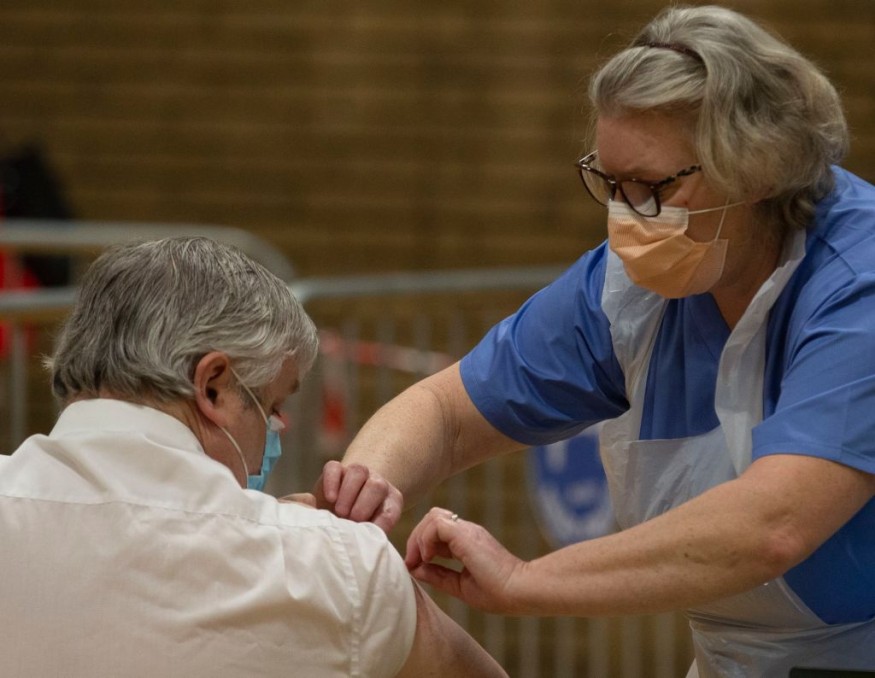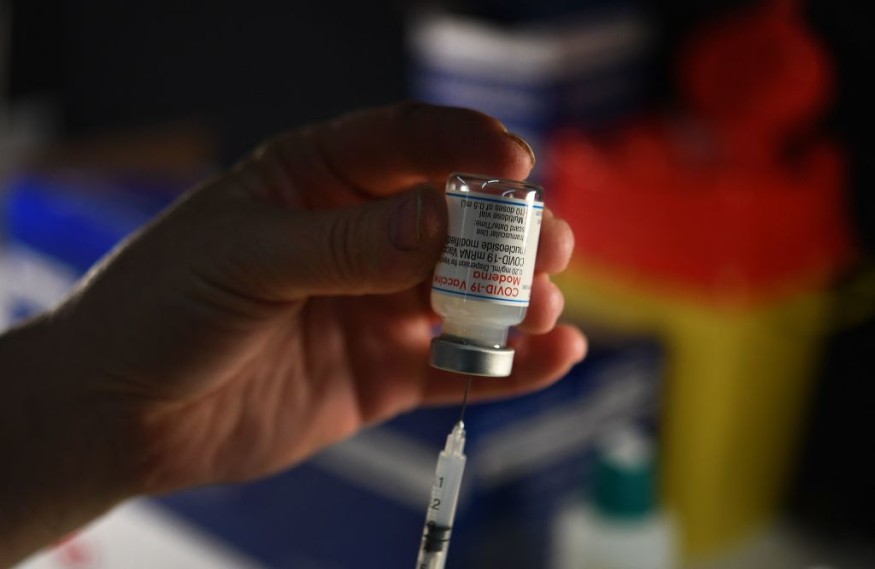According to one of the first peer-reviewed research looking at the Omicron variant of COVID-19, those who have already been infected with COVID and those who have been vaccinated will have some stronger than basic' defense against this new strain of concern.

However, the test tube (or "in-vitro" in scientific terms) samples of Omicron studied in this current study suggest it "exceeds" all other variations in terms of its potential capacity to resist the protection obtained from earlier infection or vaccination.
The findings, published in Emerging Microbes & Infection, also imply that while a third-dose augmentation technique can "substantially raise immunity," Omicron protection "may be impaired" - but more study is needed to understand this fully.
Lead author Youchun Wang, a Senior Research Fellow at China's National Institutes for Food and Drug Control, said the findings back with recent results in South Africa that Omicron was "simple to resist immunization."
Discovering Omicron

"We discovered that the huge number of mutations in the Omicron variant caused significant alterations in neutralization sensitivity in those who had already been exposed to COVID," Wang explains.
"However, the average ED50 (protection level) against Omicron remains greater than the baseline, indicating that some protective effect remains."
Wang, the former Chairman of the Chinese Medical Association's Medical Virology and Vice Chairman of the Chinese Medical Association's Medical Microbiology and Immunology, advises caution.
Immune System
Because antibody protection from past infection or immunization fades after six months, Omicron "may be able to evade immunity even better," he claims.
Furthermore, while "a third-dose augmentation technique might greatly raise immunity," "protection from Omicron may be impaired," according to his team's report.
Veterans' Research
An experienced team of eleven scientists examined Twenty-eight blood samples from patients recuperating from the original strain of SARS-CoV-2. They compared them to in-vitro Omicron samples and four additional World Health Organization-designated 'of concern' strains (such as Delta), and two 'of interest' variations.
"This work confirms the Omicron variant's heightened immune escape, which raises the alarm throughout the world and has significant implications for public health planning and the creation of matching measures," Wang concludes.
Expecting Real-Life Trials
According to the scientists, more study, not just in vitro but also in real-world trials, is urgently needed to comprehend Omicron better. And, in particular, if HPV may "escape from vaccine-induced immunity to cause more severe illness and mortality."
The authors remark that "it has to be re-evaluated if the antibodies can still be effective against the Omicron version."
"More parameters, such as the infectivity of the Omicron variation relative to other variants in human populations and the viral fitness of Omicron after people are infected, may influence the actual impact on human protection."
"More population studies are needed to completely determine the worldwide impact of Omicron on the control of the COVID-19 pandemic, particularly the amount of immune protection and symptoms among those infected with Omicron."
Limitation

The study's main limitation is that it was conducted in vitro and using pseudotyped (made) viruses. However, previous research has established that in vitro neutralization assays are good predictors of vaccine protection efficacy and real-world vaccine effectiveness, and the current vaccine literature "has established that in vitro neutralization assays are good predictors of vaccine protection efficacy and real-world vaccine effectiveness."
As a result, their findings "may well forecast the probable loss of vaccination protection against the novel Omicron strain," according to the scientists.
For more health and medicine related news, don't forget to follow Nature World News!
© 2025 NatureWorldNews.com All rights reserved. Do not reproduce without permission.





